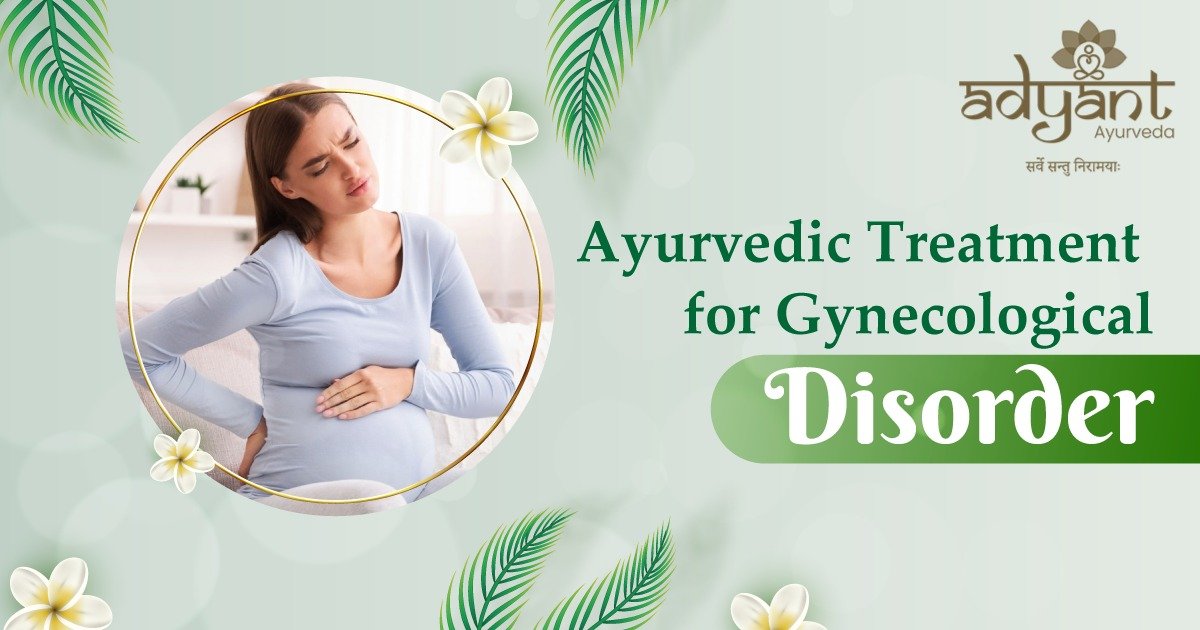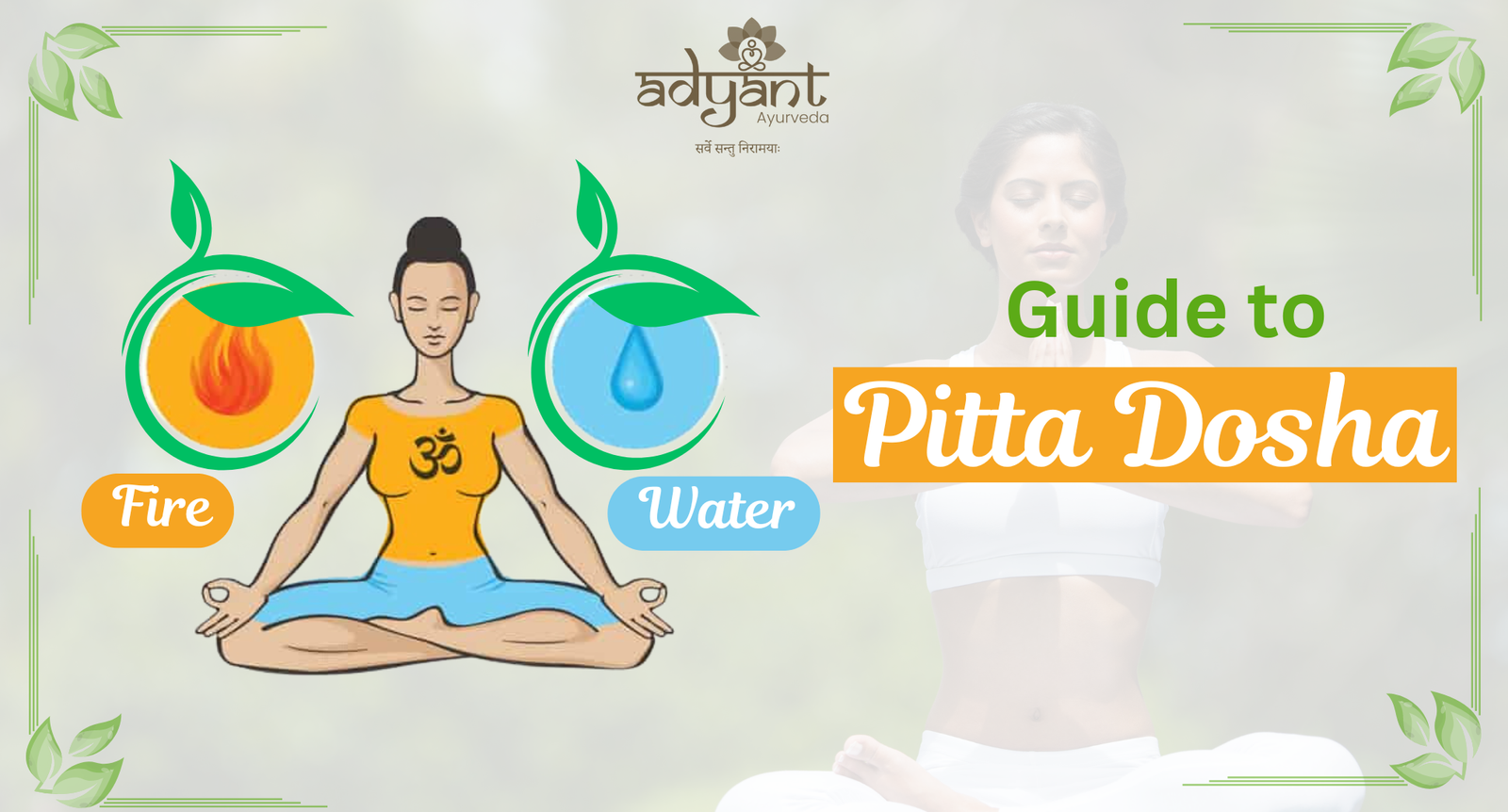Table of Contents
Toggle
Ayurvedic Treatment for Gynecological Disorders: Women play multiple roles in society, balancing family, profession, and social responsibilities. However, their health often takes a backseat due to stress, lifestyle factors, and hormonal imbalances. Over time, these imbalances lead to various gynecological disorders such as:
- Irregular Menstrual Cycles
- Fibroids
- Dysmenorrhea
- Polycystic Ovarian Disease (PCOD)
- Heavy Menstrual Bleeding
- Dysfunctional Uterine Bleeding (DUB)
- Endometriosis
- Infertility
Ayurveda offers a holistic approach to managing these disorders by restoring doshic balance, detoxifying the body, and strengthening the reproductive system.
For a free consultation with top ayurvedic doctors for Gynecological Disorders Ayurvedic Treatment, download our app from Play Store “AyurCare“
Common Gynecological Disorders and Ayurvedic Management
1. Uterine Fibroids (Garbhashaya Granthi)
Overview: Uterine fibroids are abnormal growths in the uterine cavity, often occurring during childbearing age. Symptoms include:
- Excessive menstrual bleeding with cramps
- Recurrent miscarriages
- Dull abdominal pain
Ayurvedic View: Fibroids are linked to an imbalance of Vata and Kapha doshas, sometimes involving Pitta dosha. Herbal remedies like Ashoka, Lodhra, and Kanchanar Guggulu help in shrinking fibroids and regulating hormones.
You May Also Like: Ayurvedic Treatment for Uterine Fibroids
2. Gynecological Disorders Ayurvedic Treatment: PCOD
Overview: PCOD is a common hormonal disorder leading to:
- Irregular or delayed menstrual cycles
- Abnormal weight gain
- Facial hair growth and hair fall
- Darkened skin near the neck
Ayurvedic View: PCOD is mainly due to Kapha dosha imbalance, often associated with Pitta dosha. Ayurvedic treatments include:
- Kanchanar Guggulu, Triphala, and Cinnamon to reduce Kapha accumulation
- Udvartana (dry powder massage) and Virechana therapy for metabolic detox
- A balanced diet and regular exercise to regulate hormones
Read Also: Ayurvedic Treatment for PCOD
3. Dysmenorrhea (Painful Menstruation)
Overview: Severe menstrual cramps that interfere with daily activities are known as dysmenorrhea.
Ayurvedic View: Though not a separate disease, it is caused by Vata dosha imbalance, as Vata governs pain. Ayurvedic treatment includes:
- Dashmool Kwath and Ajwain Decoction to relieve cramps
- Abhyanga (oil massage) with warm sesame oil
- Basti therapy for long-term relief
4. Dysfunctional Uterine Bleeding (DUB) / Asrugdhara
Overview: DUB is excessive or irregular menstrual bleeding without any identifiable cause, leading to fatigue and weakness.
Ayurvedic View: DUB is caused by the vitiation of Vata and Pitta doshas at the Rasa and Rakta Dhatus. Ayurveda recommends:
- Lodhra, Musta, and Daruharidra for balancing excessive bleeding
- Pitta-pacifying diet with cooling foods like ghee and buttermilk
- Virechana therapy for detoxification
5. Endometriosis (Vatiki Yoni Roga)
Overview: Endometriosis affects 10-15% of women of reproductive age and is a major cause of infertility.
Ayurvedic View: Classified under Vatiki Yoni Roga, endometriosis is primarily caused by Vata dosha imbalance, often aggravated by Pitta dosha. Ayurvedic solutions include:
- Shatavari and Ashwagandha for hormone balance
- Basti therapy to reduce pain and inflammation
- Nasya therapy to balance the hormonal axis
Read Also: Ayurvedic Treatment for Endometriosis
6. Blocked Fallopian Tubes / Tubal Blockage (Srotovarodha)
Overview: Blocked fallopian tubes are a common cause of infertility as they prevent egg fertilization.
Ayurvedic View: It is correlated with Srotovarodha (blockage of channels) due to Vata and Kapha dosha derangement. Treatments include:
- Uttara Basti (herbal enema administered vaginally) to clear blockages
- Kshar Karma (alkaline therapy) to remove obstructions
- Herbal formulations like Trikatu and Guggulu to enhance circulation
Read Also – Uttara Basti: Ayurvedic Therapy for Women’s Health and Reproductive Wellness
Ayurvedic Therapies Gynecological Disorders Ayurvedic Treatment
- Uttara Basti – Direct administration of medicated oils into the uterus to treat fibroids, infertility, and tubal blockages.
- Panchakarma Detox (Vamana, Virechana, Basti) – Eliminates toxins and balances hormones.
- Yoni Prakshalana – Herbal vaginal cleansing therapy to prevent infections.
- Udvartana – Dry powder massage to treat obesity-related PCOD.
- Shirodhara – Pouring medicated oils on the forehead to reduce stress and hormonal imbalances.
You May Also Like: Post Delivery care in Ayurveda
Diet and Lifestyle Recommendations for Women’s Health
- Eat iron-rich foods like spinach, sesame seeds, pomegranate, and dates.
- Avoid excess caffeine, dairy, and processed foods that disrupt hormone balance.
- Practice yoga and Pranayama (Baddha Konasana, Malasana) to improve reproductive health.
- Follow Dinacharya (daily routine) and Ritucharya (seasonal regimen) for overall wellness.
Conclusion
Ayurveda provides a comprehensive approach to treating gynecological disorders through personalized therapies, herbal medications, and lifestyle modifications. Women struggling with PCOD, fibroids, infertility, or menstrual irregularities can benefit from Ayurveda’s holistic healing process.
At Adyant Ayurveda, our team of expert Ayurvedic gynecologists offers personalized consultations and effective treatment plans to restore balance and improve reproductive health.
Meet Our Expert Ayurvedic Gynecologists at Adyant Ayurveda in Bangalore
- Dr. Shree Lakshmi – Specializes in Ayurvedic gynecology and infertility treatments. She has 25+ Years of experience
- Dr. Sumana Patvardhana – Trusted specialist in Ayurvedic skin care and women’s health. She has 24+ years of experience
- Dr. Vidya – 18+ years of experience in managing gynecological issues and menstrual disorders.
- Dr. Preethi – Expert in Ayurvedic therapies for women’s health and fertility. She has 25+ years of experience
FAQs on Ayurvedic Treatment for Gynecological Disorders
1. Can Ayurveda treat fibroids naturally?
Yes, Ayurveda uses herbs and Panchakarma therapies to shrink fibroids and restore hormonal balance.
2. What is the Ayurvedic treatment for fallopian tube blockage?
Uttara Basti is a specialized therapy for clearing blockages and enhancing fertility.
3. How long does Ayurveda take to treat PCOD?
With consistent treatment, including Panchakarma, herbs, diet, and lifestyle modifications, PCOD can be managed within 3-6 months.
4. What is the best Ayurvedic therapy for painful periods?
Basti therapy, Dashmool Kwath, and warm sesame oil massages help relieve menstrual cramps.
Experience the power of Ayurveda for women’s health at Adyant Ayurveda!








